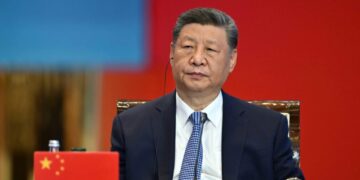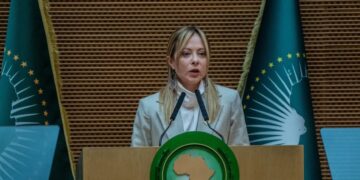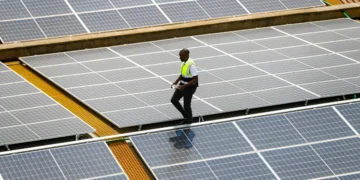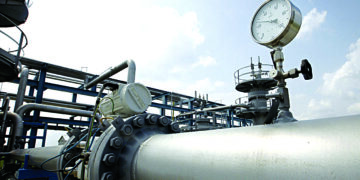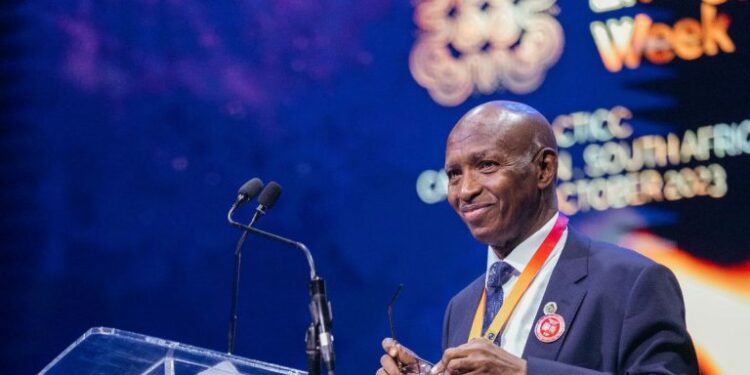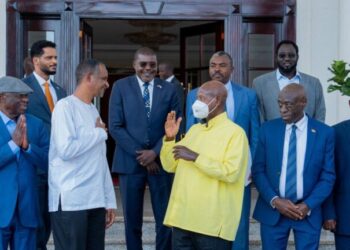By Enyichukwu Enemanna
The Secretary General of the African Petroleum Producers Organisation (APPO) has said Africa is overdue to set up the Africa Energy Bank (AEB), a devoted bank to address the funding gap in the continent’s energy sector, expressing hope that the bank which will soon come into existence will harness the potentials in the energy sector and address climate and environmental issues in Africa.
Dr Omar Farouk Ibrahim while addressing participants at the African Oil Week (AOW) 2024 Conference in Cape Town, South Africa on Tuesday, emphasised that establishment documents and agreements had been signed and reached between APPO and the Afreximbank in June, a development he said came after “good progress” had been made to establish the bank over the two and half years when it was first considered.
He said critics had initially argued that there was no funding to establish such a bank for the continent, and that it was unlikely to succeed.
He however dismissed this fear, stating that 45% of the bank’s estimated $5 billion founding capital had been funded by APPO member-countries even before the founding agreements were signed.
Abuja, the capital of Nigeria will play host to the headquarters of the bank when established. Nigeria and Angola rank the highest crude oil producers in Africa. It is also a member of the 18-country bloc that make up APPO membership.
Other APPO members include, Algeria, Angola, Benin, Cameroon, Chad, Congo, DR Congo, Côte d’Ivoire, Egypt, Ghana, Equatorial Guinea, Gabon, Libya, Namibia, Niger, Senegal and South Africa.
The Secretary General said it was impossible for African countries to develop without using their oil and gas resources.
He said APPO had also recently partnered with the Central African Business Forum to promote one of the continent’s most ambitious projects, the East Africa Crude Oil Pipeline (EACOP), which when completed, would help to revitalise 11 African countries.
Also speaking, Uganda’s Minister of Energy and Minerals, Ruth Nankabirwa Ssentamu said the discovery of oil, of up to 230 000 barrels per day at peak production for at least the first five years out of the 25 years estimated life span of the existing finds, in Uganda, had resulted in a great number of new investment opportunities, but many of these projects she said were being delayed by lack of funding capacity and investment.
According to her, this was while progress towards oil production, the drilling of wells and the construction of a central production processing facility were still ongoing.
Some of the new investment opportunities she highlighted included the start of construction of the 1443km EACOP, which she said the funding of which had been needlessly maligned by environmental activists.
Ghana’s Minister of Energy, Dr. Matthew Opoku Prempeh said regional cooperation was essential in the sector.
“Regional co-operation has a huge role to play in Ghana’s energy vision in that our plans include exporting energy to other parts of the continent,” Prempeh said.





















